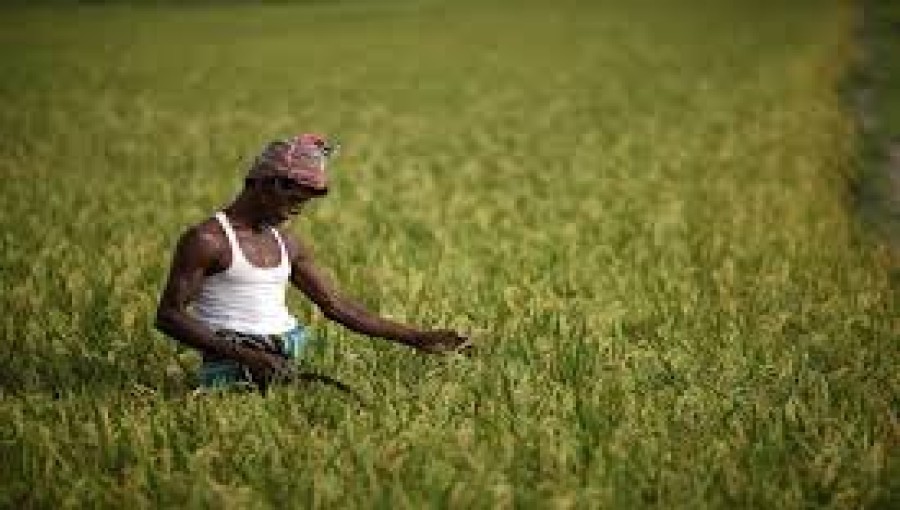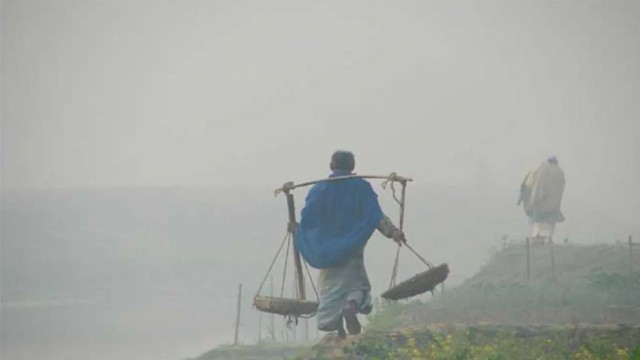Bangladesh grapples with the consequences of a shrinking yet more intense winter season, disrupting crop calendars and threatening agricultural productivity. The emergence of diseases like Panama disease in banana cultivation and blast disease in wheat underscores the challenges faced by farmers amid changing climate patterns.
In Bangladesh, the dwindling duration of winter brings with it intensified challenges for the agricultural sector, as crop calendars are upended and productivity faces threats from emerging diseases.
The shrinking winter season not only signifies the expansion of warmer days but also poses a significant risk to winter crop production. Banana cultivation, a key component of Bangladesh's agricultural landscape, has been severely impacted by the outbreak of Panama disease in northern regions, particularly in Ishwardi upazila of Pabna district. Entire banana plantations have succumbed to the disease, prompting concerns among farmers and agricultural experts.
First identified in 1876, Panama disease has become a pressing concern for winter crops, particularly as temperatures rise, creating conducive conditions for the spread of the fungus. Agricultural Extension officers are advising farmers to diversify their crops to mitigate the impact of Panama disease outbreaks, foreseeing a decline in banana production in affected areas that may persist for years.
Meanwhile, wheat cultivation is also facing challenges, with blast disease affecting yield amid rising temperatures during winter. Despite efforts to increase yield capacity, wheat production has seen a notable decline over the years, falling from 1.91 million tonnes in 1999 to 1.09 million tonnes in 2021. Similar trends are observed in the production of sugarcane, pulses, and sweet potatoes, with cultivation areas shrinking and production levels dwindling, as highlighted by data from Our World in Data.
As Bangladesh grapples with the consequences of shifting seasons and changing climate patterns, addressing the challenges facing the agricultural sector becomes imperative to ensure food security and sustainable development in the country.































Comment: